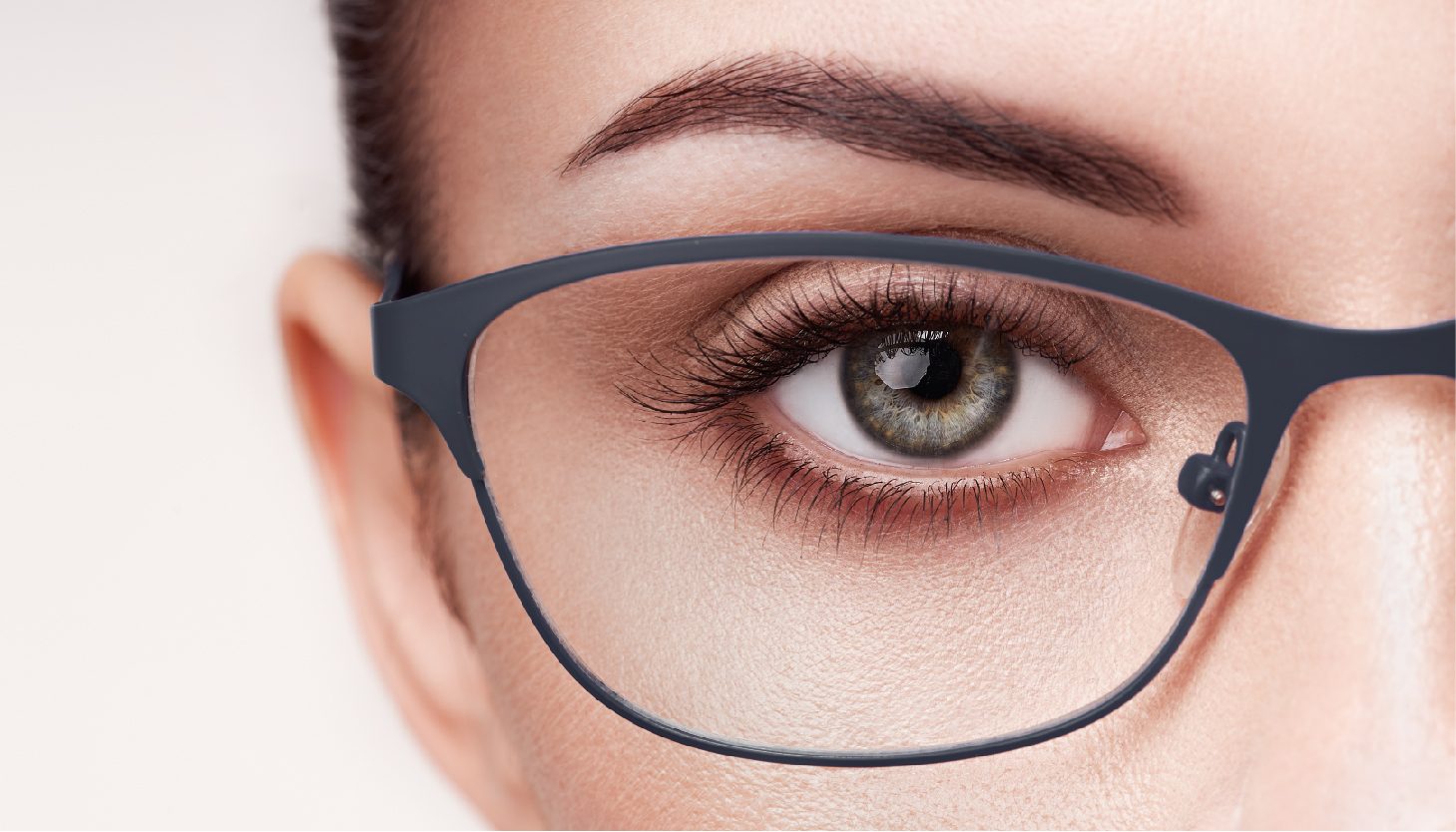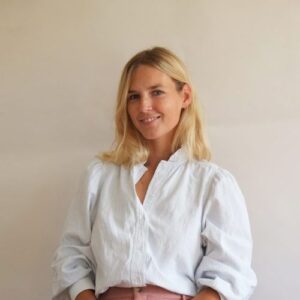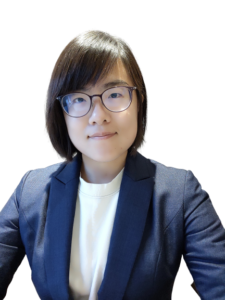Project Description
Key information
Project in the Spotlight: T20017
Market: Hybrid and composite materials
Written by the project team: Femme van Gils (Ace & Tate), Fan-Hsuan Liu and Shashan Abrahimi (TU Delft), M2i manager: Viktoria Savran
Background
Ace & Tate, as a sustainability front-runner in the eyewear market, is dedicated to reducing its environmental impact with each decision they make. To accomplish that, Ace & Tate have already worked to minimize the environmental impact of their products by implementing low-impact materials, using sustainable energy sources, and controlling their supply chains. However, closing the loop of their products has remained a challenge. Generally, only 5% of worn glasses that are returned from customers can be resold after refurbishment and the rest is classified as ‘end-of-life’ glasses that cannot go back in stock. If the material in these glasses can be effectively recycled, they will not be incinerated and can be made into new products, ideally of similar value.
The challenge in recycling eyewear lies in effectively separating various materials such as the lenses (CR39), the metals from the inside (hinges, screws, and core wires), plasticized cellulose acetate (pCA), etc. Furthermore, the cost-effectiveness of recycling this specific and small waste stream is another obstacle. Therefore, led to the RE-design for Circular Eyewear FRAMEs (REFRAME) project by Ace & Tate in collaboration with TU Delft PDEng program.
Research objectives and highlights
In the REFRAME project, the role of the PDEng trainee Fan Hsuan Liu was to design a practical recycling route specifically for Ace & Tate’s end-of-life eyewear. This included waste stream analysis, the separation of different materials, and closing the cycle by re-applying the recovered materials to new products. An ideal goal is to develop a circular eyewear frame.
Based on the waste analysis, pCA was selected as the main focus because it is the third most abundant waste substance with good recyclability but no available recycling solutions on the market. Mechanical separation was chosen to recover pCA, compared to dissolution recycling and other methods due to its high specificity, low energy input, and excellent cost-effectiveness for a small waste stream.
Although the goal was to develop a circular eyewear frame, the project outcome showed that it is not feasible. The reason lies in the 80% cut-off material from the traditional eyewear production process, which also adds a high carbon footprint since most eyewear producers are in China. Instead of a circular frame, an open application that can be locally produced is preferable such as book holders, tabletops, mirror supporting materials, etc. In this way, Ace & Tate has more design flexibility without being constrained by its product portfolio. Also, by controlling the production process and location, less carbon footprint and waste materials will be generated.
Outcome and future
The project successfully designed a practical recycling route with application options, based on economic and sustainability analysis. It also linked Ace & Tate with industry partners to further explore potential solutions in recycling waste eyewear. Ace & Tate can now move on with the design to take the recycling project to the next level with the help of industry. Soon, a unique eyewear recycling route will be brought to the market by Ace & Tate.
The project T20017 got PPS funding in 2020. The project was performed by Fan Hsuan Liu under the supervision of Peter Daudey and Shoshan Abrahami at TU Delft and Femme van Gils from Ace & Tate.
Our mission is to be a driver of positive change within the eyewear industry. We take responsibility for the impact our actions have on the environment and strive to reduce this impact. Our aim is to reach net-zero emissions by 2050. REFRAME project and collaboration with Fan Hsuan helped us to understand the sustainability aspects of our product as well as design the most suitable recycling strategies for our products.
Working in sustainability has always been the goal of my career. The recycling project with Ace & Tate not only allowed me to leverage my polymer knowledge and design skills, but also gave me a real-life experience of collaborating with diverse backgrounds of stakeholders.
Circular economy innovation can never be run by a single wheel. By linking Ace & Tate and industrial partners, I have the faith that Ace & Tate is just one step away from the day of being circular. I also believe that the knowledge I gained from this unique experience can be quickly applied to my future career in expediting the development of circular economy.
Increasing the circularity of materials will make our economy more sustainable in the future. However, this is often a challenging task as many of our modern products, including eyewear, are relaying on complex material combinations. Therefore, it’s great to see small organizations such as Ace&Tate working to improve the sustainability of their products. This project has shown that there is more than one right answer, and that circularity often needs to be considered in the design phase.



